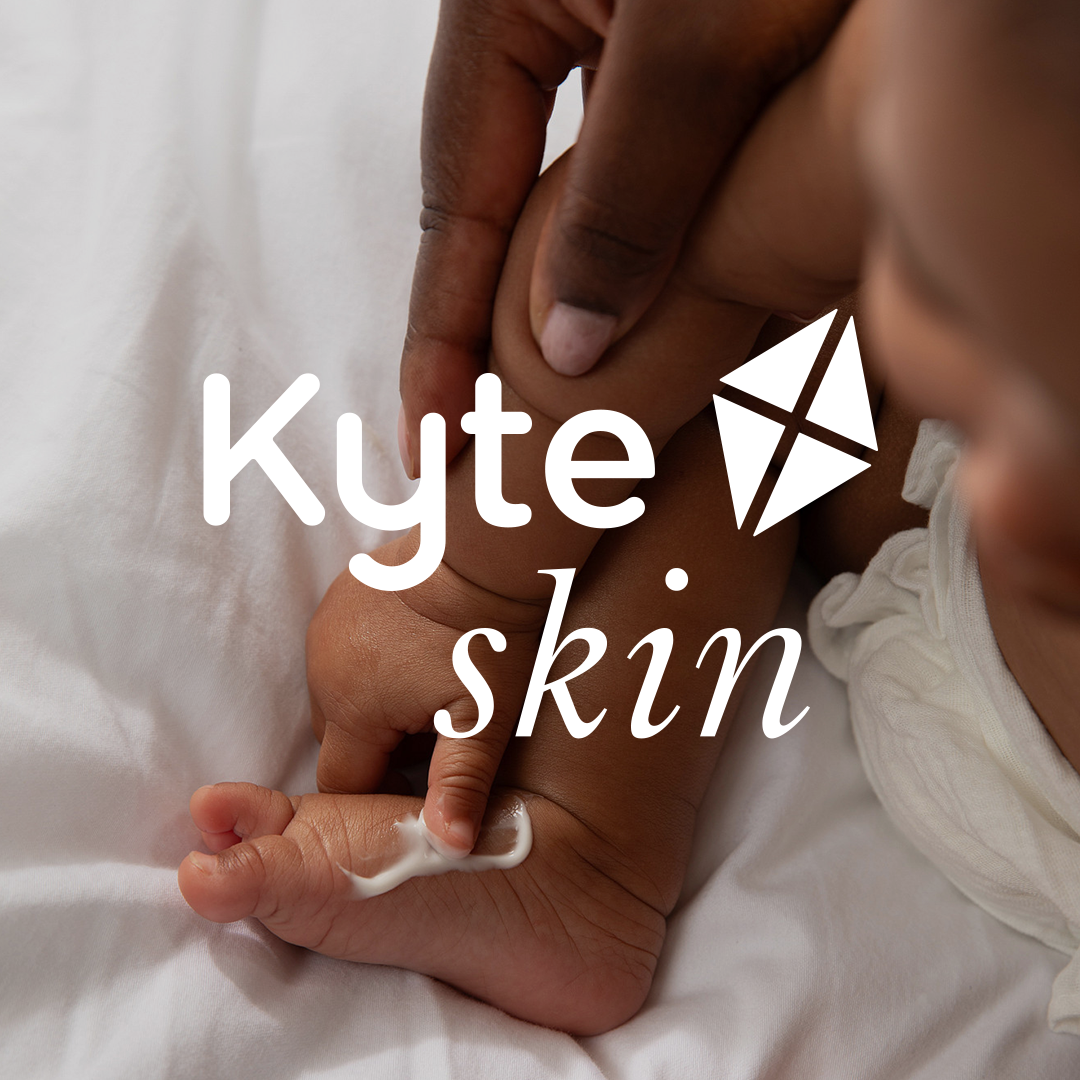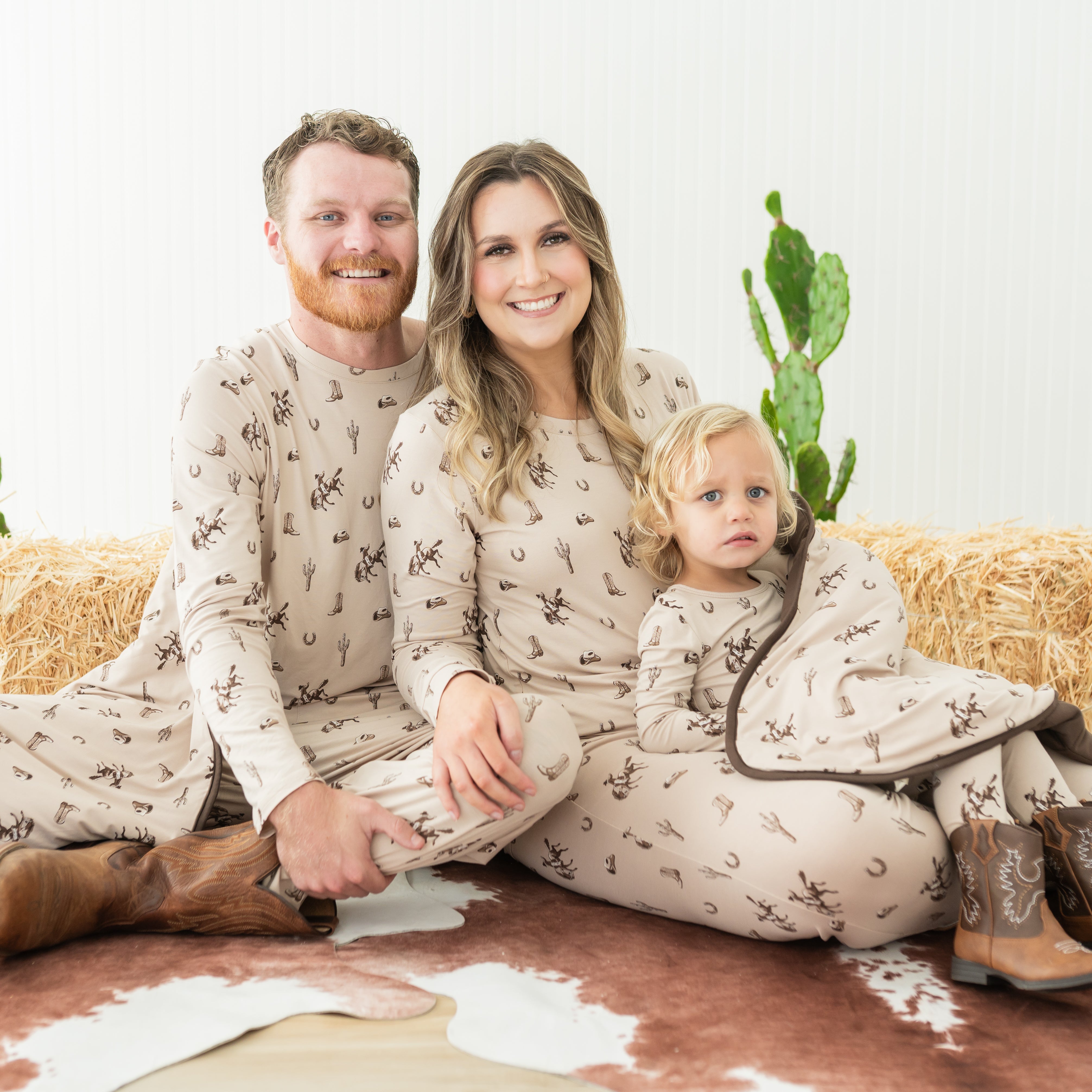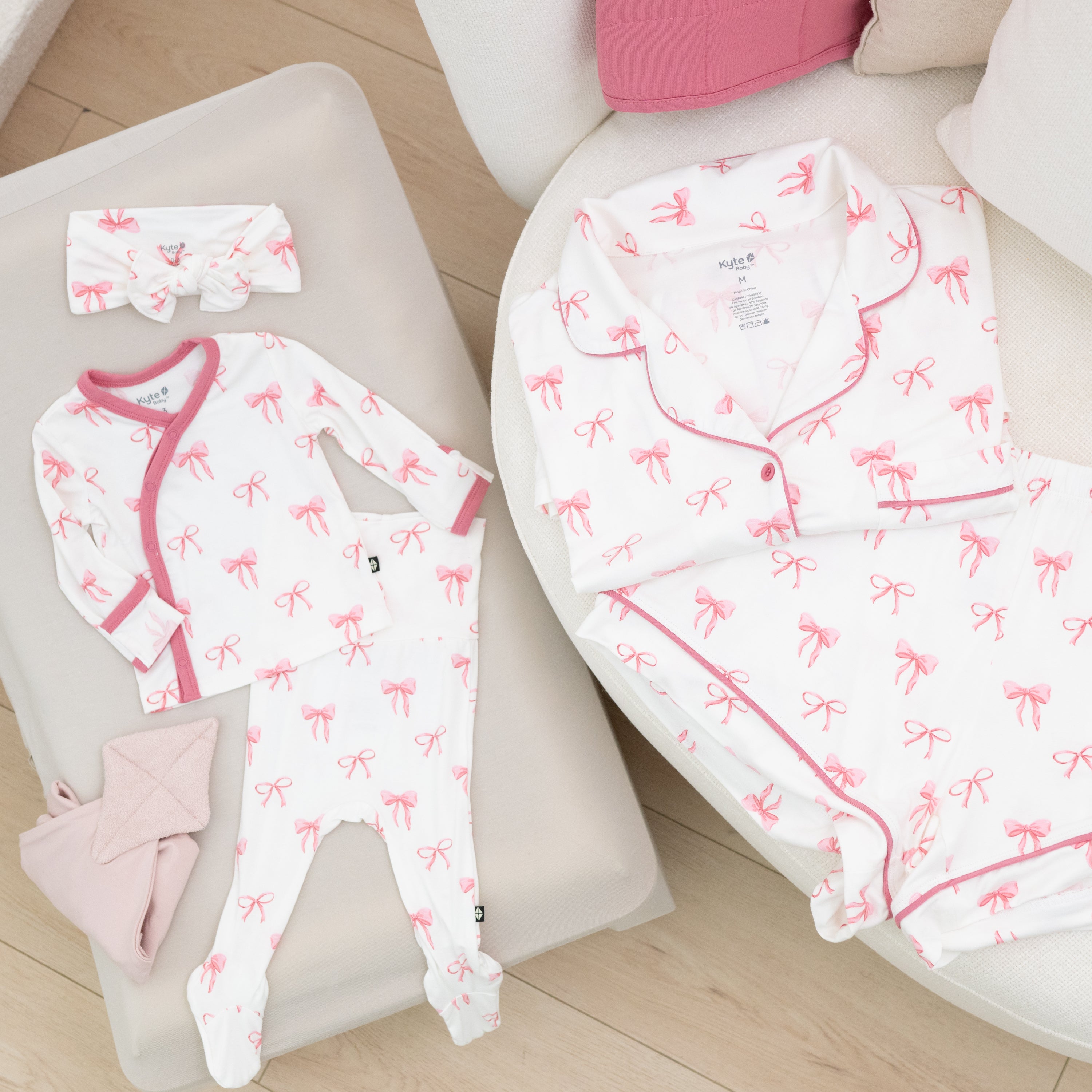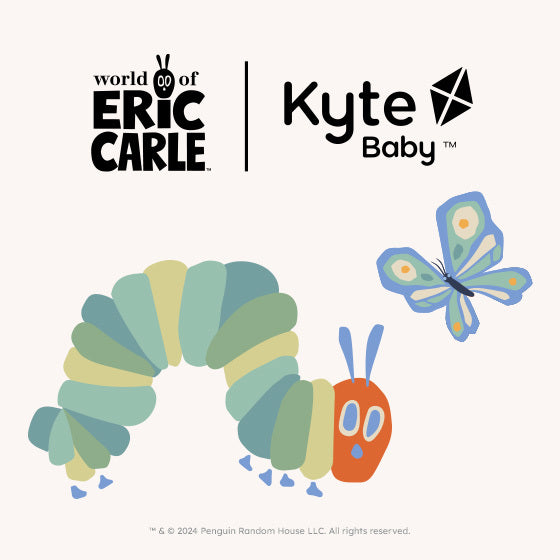
Welcoming a new baby is always a joyous occasion, but when it’s your second, things can be more complicated than they were with the first. Not only is navigating sleep deprivation with a high-energy toddler a daunting feat, but considering your firstborn’s emotions around a new baby makes the whole second experience somewhat heart-wrenching. Before you’re a parent, the love you have for your child is inconceivable. It’s the kind of love that changes your entire world and your perspective on it. Priorities shift and it will, for a time, feel as though nothing else matters. When you devote yourself to another person like this, the idea of adding someone else to share your heart seems impossible. The love that parents feel for their children is so all-consuming, that many worry that they won’t be able to love their second child as much as their first. It’s a common concern, but love is boundless, and second-time parents will soon realize that no matter how many children they have, their hearts will fit them all in.
However, it’s impossible not to worry about how your firstborn will react to a new baby. After all, their entire life up until this point has found them at the center of your universe. It’s no surprise that sharing doesn’t exactly come naturally to kids. As fairly new humans with with dysregulated emotions, toddlers feel jealous and possessive over things they consider theirs—toys, food, and their parents. If you have siblings, you know the joys (and pains) of growing up with someone to play with. Siblings can be built-in best friends who exclusively understand your family background. You want to give your child the same happy memories you had with your own siblings, but it’s completely natural to worry that they’ll feel jealous, hurt, or abandoned. So, if you’re expecting your second child, you may be wondering how to help your toddler adjust to this sudden transition. Here are several things you can do to ease your little one into a brand new family dynamic:
Talk about the upcoming change
Children are much smarter and more perceptive than we give them credit for. Even if you think your child is too young to fully understand, talk about the upcoming change with them in terms they can follow. If your child is younger than 2, you can look through picture books related to the topic and about babies. If your child is between the ages of 2 and 4, you can explain more about what it means to have a new sibling. Look through your child’s old baby photos together so they can understand that they were once that small too.
Explain to your child that the new baby will be sleeping, eating, and crying most of the time. You can let your child know that the change will be disruptive and that your time will be occupied with the baby, but that things will get easier and that it doesn’t mean you love them any less.
Acknowledge your child’s feelings
It’s natural for your child to feel grief over losing their pre-sibling life. Depending on how old your child is, they may act out in different ways. You may see old behaviors like thumb-sucking making a reappearance, or they may even verbalize that they are a baby. Toddlers often experience “regressions” when a new sibling is born, and it’s not a good idea to dismiss their feelings by saying something like, “You’re not a baby. You’re a big kid and you need to act like a big kid.” Instead, acknowledge their feelings and let them know that it’s okay for them to feel sad, angry, or jealous. You can also say, “It looks like you want to be a baby too!” and make a game of treating them like a baby. Rock them and say, “Goo goo! Ga ga!” and make them laugh!
Give them a gift
A new baby brings a lot of attention. When you have visitors at the house, they’ll most likely be consumed with wanting to see and hold the baby, and because your attention will already be occupied, it can exacerbate feelings of jealousy in your older child. Preparing a small gift for them can be a great way to let your child know that they haven’t been forgotten. You don’t have to get anything fancy or expensive. Little things like markers, stickers, or things you know they like, can be a great gift every now and then to diffuse some of their jealous feelings. Inevitably, friends and family will be dropping off gifts for the new baby, so it isn’t a bad idea to have one ready for your toddler to open along with you.

Encourage helping
Let your toddler be hands-on as much as possible. Toddlers love helping, and although they’re too young to babysit, there are many things that they can do. When opening a gift for the baby, let your toddler unwrap it. If you’re giving the baby a bottle, you can ask your toddler to “help” and hold the bottle for a moment. Ask your child to fetch a diaper when the baby needs changing, or some clean pajamas for after the baby’s bath. When your child helps, praise them generously and thank them for being “such a good little helper!”
Set aside some one-on-one time
This may be difficult during the newborn days, but even 15 minutes of uninterrupted, one-on-one time with you can mean the world to your child. Make it a priority to set aside some individual time with your little one every day, and make the most of that time. You can cuddle together, thank them for being such a sweet and understanding older sibling, and let them know that you miss them just as much as they miss you.
Utilize babywearing
Babywearing is your best friend when you’re a parent. It doesn’t matter if you’re on your first, second, or third kid. Babywearing frees up your hands, calms a crying baby, and gives you some much needed peace and quiet. Wear your newborn as much as you can, so that you have some time to spend with your toddler. You can sit with them on the floor or couch while they play, or you can go on short walks together as a family.
Try to stick to your usual routine
The words newborn and routine don’t exactly go hand-in-hand. Newborn days are chaotic, to say the least, but sticking to your usual routine as much as possible will make the transition easier on your toddler. Make sure your toddler does bedtime at the same time they did before the new baby was brought home, and stick to their usual wake-up time as well. If your toddler always relied on Mom to do bedtime, get them used to Dad before the new baby’s arrival.

Bringing home a new baby isn’t just hard on your toddler. It’s hard on you, too. No matter how happy you are, it’s normal to grieve for the old dynamic. As parents, we worry that everything we do is going to somehow mess up our children, but you can rest assured that things won’t always feel this chaotic. You may miss spending one-on-one time with your older child, but the newest addition to your family will undoubtedly change everything for the better. Give yourself room to grieve and know that even though things feel hard in the beginning, your children will adapt and grow to have a lifelong friendship with each other!





















